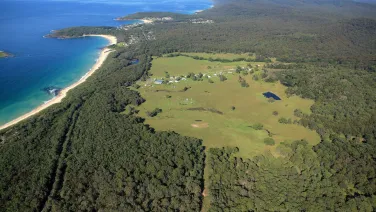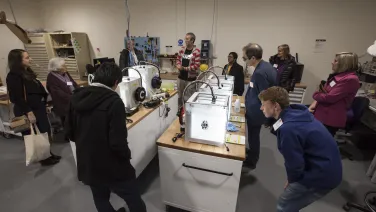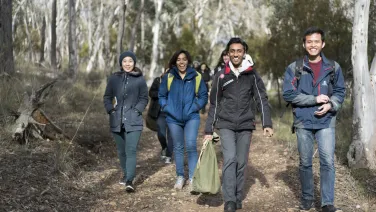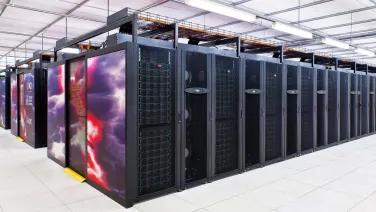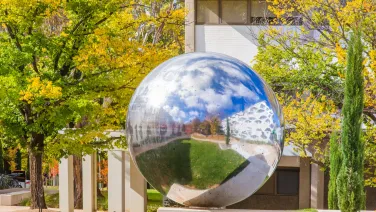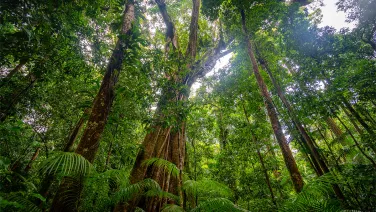
Environment & Sustainability
About
The ANU Fenner School of Environment and Society is one of the few places where economists and hydrologists, historians and ecologists, foresters, geographers, political scientists and climatologists work together on the environmental challenges and opportunities facing us.
Ranked #1 University in Australia for Natural Sciences (QS World University Rankings by Subject 2024), we are a major focus for integrated environmental research and training. Through links to other ANU schools, external research organisations and the policy community, we bring our skills and perspectives to bear on issues such as biodiversity loss, water, energy, drought and climate change.
We offer perspectives on complex environmental and sustainable development challenges, drawing on decades of quality empirical and applied research. Research focuses on understanding environmental changes across a range of scales in time and place, enabling the school to provide past, present and future narratives to guide science, policy and management.
The School has a particularly strong track record researching long-term environment and sustainability issues and challenges, and has extensive national and international networks with governments, NGOs, research organisations and the private sector, offering significant longitudinal expertise, knowledge and influence.
Of particular importance to us is our capacity to encourage sound policy and governance outcomes that support sustainability. We offer this guidance through a number of avenues: by providing professional development for policy leaders; training for environmental leadership; partnerships with practitioners; and offering support for those holding governance roles at local, state, territory, federal or global levels.

